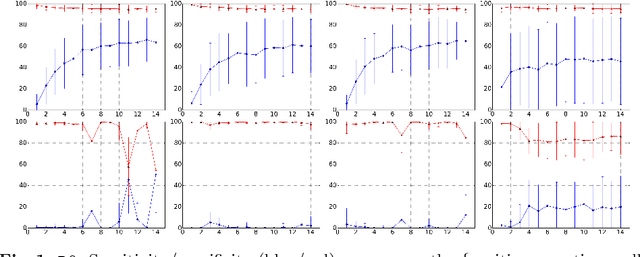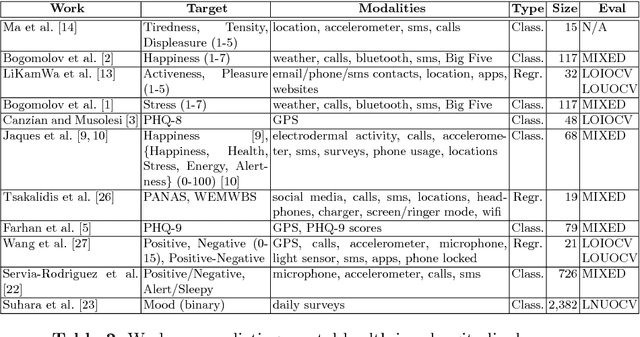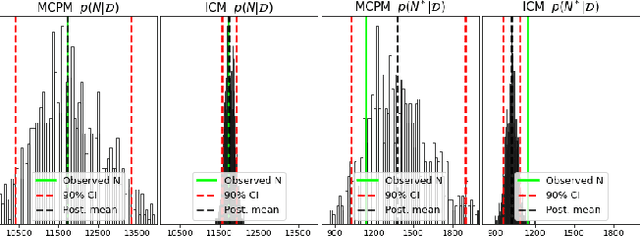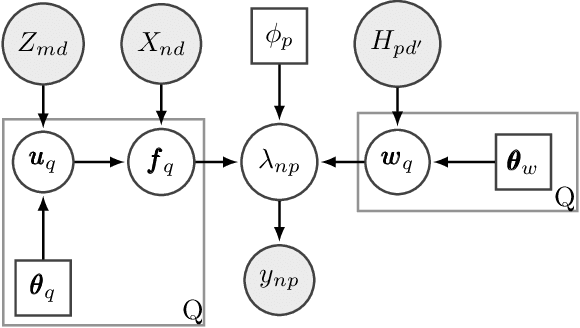Theo Damoulas
Can We Assess Mental Health through Social Media and Smart Devices? Addressing Bias in Methodology and Evaluation
Jul 19, 2018



Abstract:Predicting mental health from smartphone and social media data on a longitudinal basis has recently attracted great interest, with very promising results being reported across many studies. Such approaches have the potential to revolutionise mental health assessment, if their development and evaluation follows a real world deployment setting. In this work we take a closer look at state-of-the-art approaches, using different mental health datasets and indicators, different feature sources and multiple simulations, in order to assess their ability to generalise. We demonstrate that under a pragmatic evaluation framework, none of the approaches deliver or even approach the reported performances. In fact, we show that current state-of-the-art approaches can barely outperform the most na\"ive baselines in the real-world setting, posing serious questions not only about their deployment ability, but also about the contribution of the derived features for the mental health assessment task and how to make better use of such data in the future.
Log Gaussian Cox Process Networks
May 24, 2018



Abstract:We generalize the log Gaussian Cox process (LGCP) framework to model multiple correlated point data jointly. The resulting log Gaussian Cox process network (LGCPN) considers the observations as realizations of multiple LGCPs, whose log intensities are given by linear combinations of latent functions drawn from Gaussian process priors. The coefficients of these linear combinations are also drawn from Gaussian processes and can incorporate additional dependencies a priori. We derive closed-form expressions for the moments of the intensity functions in our model and use them to develop an efficient variational inference algorithm that is orders of magnitude faster than competing deterministic and stochastic approximations of multivariate LGCP and coregionalization models. Our approach outperforms the state of the art in jointly estimating multiple bovine tuberculosis incidents in Cornwall, UK, and multiple crime type intensities across New York city.
 Add to Chrome
Add to Chrome Add to Firefox
Add to Firefox Add to Edge
Add to Edge